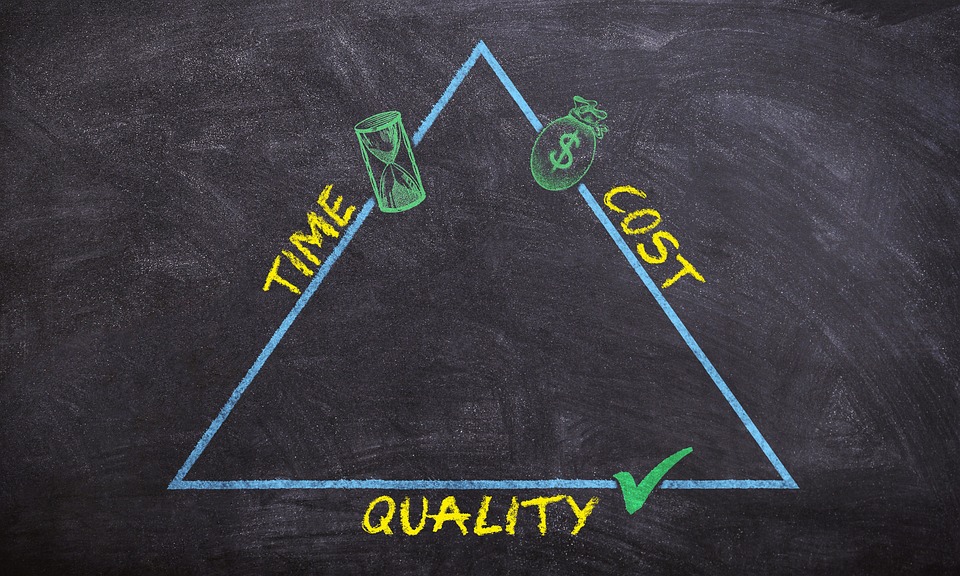
How to Take Control of Your Finances with Debt Management
Debt can be a stressful burden, but it doesn't have to rule your life. With careful planning and discipline, you can take control of your finances and manage your debt effectively. By following a few simple steps, you can begin to take control of your financial situation and start working towards a debt-free future.
1. Assess Your Debt: The first step in taking control of your finances is to assess the extent of your debt. Make a list of all your outstanding debts, including credit card balances, loans, and any other obligations. Determine the total amount of debt you owe, as well as the interest rates and minimum monthly payments for each debt.
2. Create a Budget: Once you have a clear understanding of your debt, it's time to create a budget. Identify your monthly income and expenses, a...









